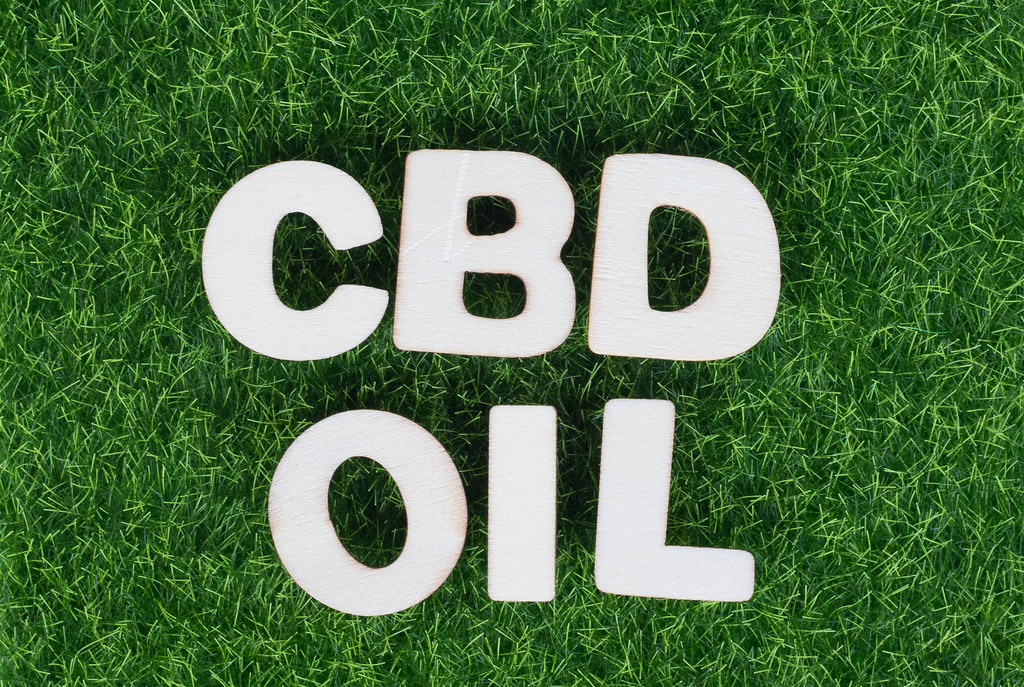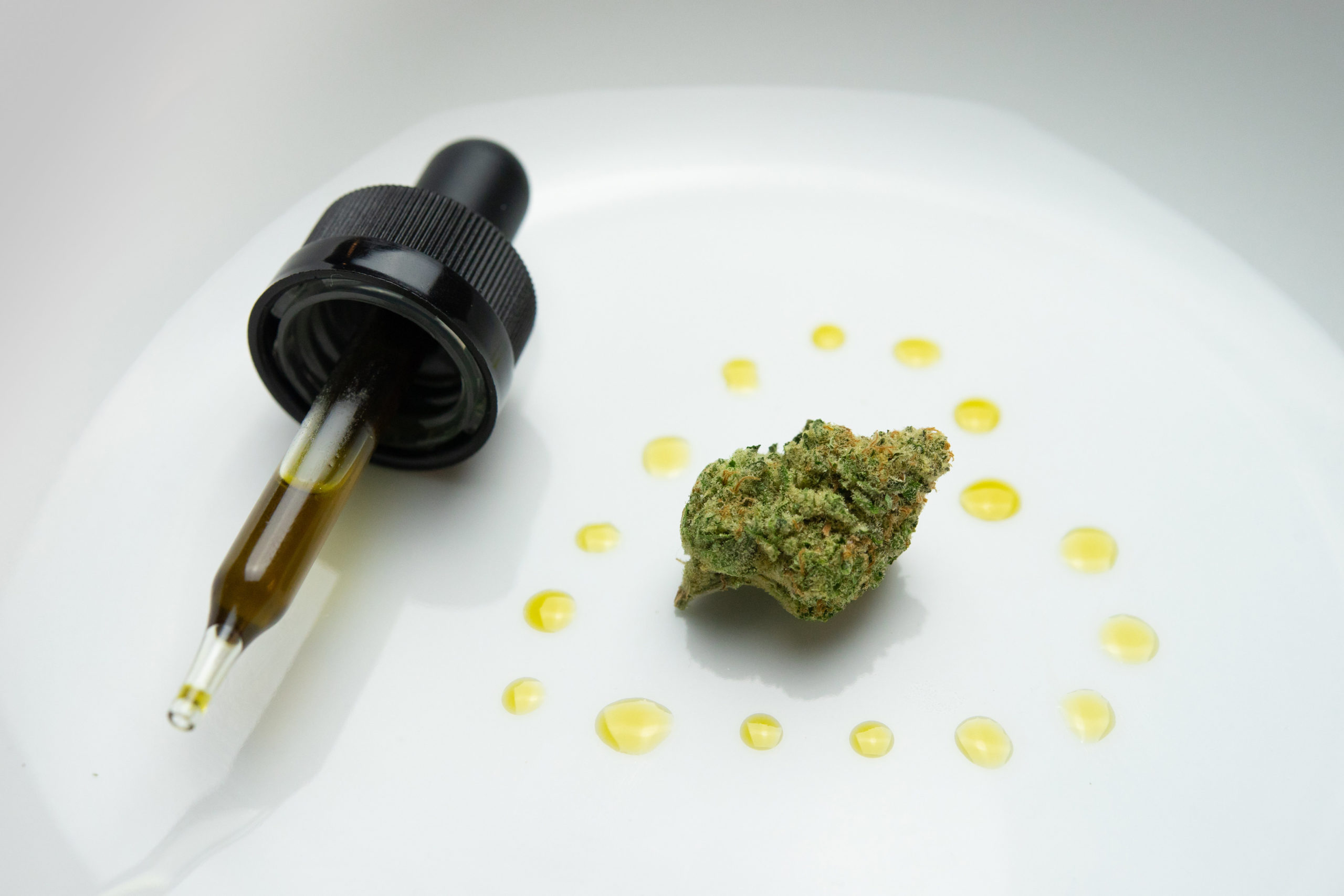Cannabidiol oil (CBD oil) is a product of the cannabis plant. Hemp and marijuana differ in the level of THC component. CBD is ventured as a cure for its neuroprotective and anti-inflammatory properties. How about its effect on IBS? Is CBD oil for IBS a good combination?
Your red lights might be blaring huh. Oil from a cannabis plant with health benefits? Won’t that get me high?
Well, CBD is different from the psychoactive component of hemp which is the delta-9 tetrahydrocannabinol (THC). True enough that a hemp plant contains both THC and CBD, but don’t worry. There are legal hemp farms and the restriction is that the plants should contain less than 0.3% THC.
Marijuana is selectively bred to increase the THC levels, unlike hemp plants where the CBD oil comes from. Different health benefits have been attributed to using CBD. It can relieve pain, reduce anxiety and depression, may help reduce cancer-related symptoms and may have neuroprotective properties and other health claims. CBD oil is from the extracted CBD from the hemp plant mixed with a carrier oil like hemp seed oil or coconut oil. But what about the effectivity of CBD oil for IBS?
IBS
Irritable bowel syndrome (IBS) is a disorder in the large intestine area of the gut. The signs and symptoms vary per person. Some people experience it more to the point of needing medication and treatment. Other people can manage their IBS with diet and lifestyle changes. Common symptoms of IBS include:
- Abdominal pain
- Cramping
- Bloating
- Excess gas
- Constipation or diarrhea, or a mix of the two
- Presence of mucus in the stool
The main cause of IBS is a mystery. Different factors associated with it are:
- Abnormality in the nervous system of the digestive system. This means there is poor coordination with the signals and then making it uncomfortable for the body whenever the food moves through the gut.
- Muscle contractions in the intestine. Muscles surround the gut which is why it can contract and push the food through the digestive tract. Contractions may be stronger and longer or slower and weaker than average.
- Gut microflora changes. The local gut bacteria play an important role in the digestion process, as well as in health. It varies from person to person depending on the health of an individual. There might be bacterial overgrowth in the intestines too.
- Inflammation in the intestinal wall. This is because some IBS patients have a higher than the average number of immune-system cells in the intestines. The increased numbers link to pain and diarrhea.
Remember that there might be other reasons for IBS, and not one reason causes it. It may be a combination of one or two causes, sometimes even more. Some demography who are more prone to IBS include:
- People below 50 years old
- Females
- Genetics
- Have a mental health problem
Another factor that plays a crucial role in IBS are the triggers which can be:
- Specific food
- Stress
- Hormones
So how is CBD oil and IBS linked?
Humans have an endocannabinoid system (ECS) found in the body and it includes endocannabinoids and cannabinoid receptors. These receptors are CB1 and CB2. CB1 relates to brain functions such as mood, sleep, appetite, and memory processing. CB2 connects with the immune system and affects inflammation and pain sensations.
Did you know that humans naturally produce endocannabinoids?
What happens next?
Okay, so CBD has anti-inflammatory properties. This property might prove helpful in alleviating the pain associated with the inflammatory symptoms of IBS. CBD also helps reduce the movement of the intestines induced by the inflammation of the lining of the intestinal walls.
Mental health also plays an important role in IBS. Stress and anxiety can also act as triggers for IBS symptoms. It manifests as an upset stomach and intestinal cramping.
Will it get you high? No, this is not THC.
Some Risks
CBD may act as a calming tool for the nervous system. Many studies involving CBD relate it to treating epilepsy and multiple sclerosis which are both neurological disorders. However, people who benefitted from CBD under these studies also experienced adverse effects such as fatigue, fever, and convulsion.
Another common side-effect of using CBD is diarrhea. In one study, 10% of the patients with severe epilepsy experienced diarrhea after the patients received CBD. Some people who took CBD also report feeling tired and changes in weight or appetite.
CBD oil may be taken as drops and mixed with food and beverages. It is also available as a capsule, thick paste or as a spray. The dosages vary depending on the bodyweight of an individual, preexisting conditions and the concentration of the product.
Remember!
It is important to note that there is a lack of FDA regulation about CBD products. There are also insufficient long-term studies for CBD and studies about using CBD oil are still ongoing. It has a potential role in alleviating symptoms of depression, anxiety and heart diseases and is also claimed to have a positive effect on some IBS patients.
Since IBS is a complex situation with varied intensity in symptoms, so is the effect of cures. It is best to ask your physician if you wish to venture to this alternative medicine. It is a new and exciting scientific venture with lots of potentials. We have to watch out soon when CBD oil for IBS is officially considered a good combination.
Have you tried a CBD brownie? What’s it like?
[thrive_toggles_group”][thrive_toggles title=”References” no=”1/1″] https://www.fodmapeveryday.com/cbd-oil-treating-ibs/
https://gutadvisor.com/cbd-oil-and-diarrhea/
https://www.thieme-connect.com/products/ejournals/abstract/10.1055/s-0042-100702
https://www.healthline.com/nutrition/cbd-oil-benefits#section5
https://www.medicalnewstoday.com/articles/317221.php#side-effects
https://www.brookings.edu/blog/fixgov/2018/12/14/the-farm-bill-hemp-and-cbd-explainer/
https://www.mayoclinic.org/diseases-conditions/irritable-bowel-syndrome/symptoms-causes/syc-20360016[/thrive_toggles][/thrive_toggles_group]



